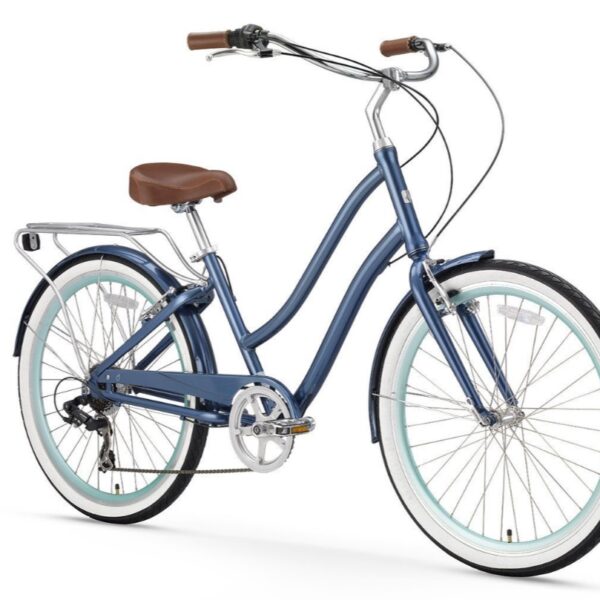Fuel tanks have made fuel storage a lot easier these days. Not only do they have a huge capacity but with proper maintenance, they can provide a steady supply of fresh fuel. Read on to find out how to get the most out of your fuel tank.
What Is a Bunded Tank and Why Do You Need It?
A bunded tank is a tank that has an added layer known as a bund layer. This extra layer protects the inner tank from environmental damage as well as spillages. The outer tank capacity is 110% so that it’s able to hold all of the fuel content in case there’s a leak.
Invest in a Self-Bunded Tank
A self-bunded fuel storage tank is a more efficient way of supplying fuel on-site, especially in high demand industries like aviation, ship-building or transportation. Moreover, their durable build gives them a longer shelf life and protects them from theft. Fuel is expensive and vulnerable to theft, so invest in an impenetrable bunded tank with anti-theft cabinets to keep your valuable fuel secure.
Another great advantage of these tanks is their cost-effectiveness. It saves you the cost of building an extra bund around a single-layer tank.
Furthermore, storing fuel on-site requires you to follow a set of rules to protect against environmental damage that may result from a spillage. The leak-proof design of the tank ensures that such compliances are met accordingly.
They are easy to maintain which means that your tank will stay in proper shape and keep your fuel fresh for longer. If you are confused about which bunded tank is the right one for you, head on to https://www.ablesales.com.au/portable-truck-ute-fuel-tanks/bunded/.
Too Much Oil is Counter- Productive
In hindsight, it may sound like a good idea to buy oil while the prices are low, but too much fuel encourages leaks which can have a devastating effect on the environment. To give you an idea, two liters of oil can contaminate an Olympic-sized swimming pool of water.
Inspect the Tank Regularly
If your tank is at home, it’s imperative that you perform regular inspections at least once a week. Include it as part of your weekly chores so that you form a habit.
Check your tank for signs of general wear and tear, dirt, dust, and damage. This should include physical security such as locked fences. Remember to check the shut-off valves, overfill protection device and pipes and lock the lid and valves when they’re not in use as they’re vulnerable to vandalism.
Make sure that leakage alarms and gauge operations are in working order. Keeping an eye out for these details will help you detect any problem early on and save you from expensive repair costs.
Ensure Pipeworks Fittings Are Tightened
Loose pipework fittings can be a disaster if they’re not detected early enough so be sure to keep it on your list of weekly inspections. It’s wise to have the pipework checked regularly by a qualified engineer or broiler technician. Check the pipes for corrosion or damage especially if there are heavy-duty vehicles that may bend the underground pipework.
Interior Cleaning is Crucial
Sludge build-up is inevitable in a fuel tank. Sludge usually settles at the bottom and cleaning it properly improves the tank efficiency.
However, you must never do the cleaning yourself. A skilled technician with proper safety protocols is qualified to do this as there’s a risk of explosion if you don’t do it correctly.
You should ensure that the vents are clear and allow unrestricted air flow. It’s important that you also make sure that any instructions such as “open” or “close” and the emergency contact details on the tank are readable.
Rainy Season Requires Frequent Checks
Heavy rains warrant additional check-ups for fuel tanks. Rain may collect within the tank and become a fertile ground for fungi and bacteria.
Check whether any water has collected in the outer tank and empty it. The outer tank is supposed to hold excess fuel in case of a leak so this space should be cleared regularly.
You must also prioritize all safety protocols. The fire extinguisher, fire shut-off valves, and spill kits must be within easy reach. Keep documents like audits and reports about recommendations up to date with current regulations to avoid hefty fines and damages.
Conclusion
The saying “prevention is better than cure” applies to fuel tanks as well. Good maintenance is the best prevention against damaged tanks, leakages and contaminated fuel.
With regular check-ups and proper maintenance, your fuel tank will have a long shelf life and all of your fuel-based operations will run smoothly. Now you’ll have one less thing to worry about while working on your business!
Image Credits: Maytree Group




Like this article? Share with your friends!